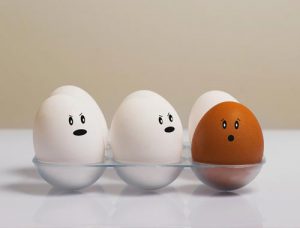Learning that sticks
We often hear stories from people who have experienced TetraMap about how easy it has been to apply what they have learned in their day-to-day life.
The principles stick with them because they are simple, relatable, and useful. That’s why we describe what we do as ‘sticky learning’. When you take one of our mini courses, the key learnings will stick with you wherever you go.
Keen to learn more?
We’ve developed these free, bite-sized, mini courses, to give people new to TetraMap a ‘taste’ of what our model can offer.
Each mini course aims to answer a common question – like ‘why are soft skills so hard?’, or ‘why do others see things differently?’ – and provide practical strategies that you can use, based on the TetraMap model.
- These mini courses are FREE and there is no limit to how many you can do.
- They are also SHORT and available NOW. Each mini course will only take up about 15 minutes of your time.
- No matter which mini course(s) you choose, you will gain INVALUABLE insight into why people think and behave the way they do.
- You will learn the STRENGTH in valuing difference and celebrating diversity.
Answer your most burning question, by taking a free mini course TODAY.
Why don’t you see it like me?
Using the TetraMap model, this mini course is designed to help you better understand why people see things differently to you. It will help you to turn past irritations into insights, and to reduce conflict and build more meaningful relationships.
Why are soft skills hard?
This mini course looks at soft skills through a TetraMap lens and why they are so hard to master. You will learn why understanding yourself is a crucial first step in mastering them, as well as the importance of working in a team environment.
Why are meetings like that?
Using the TetraMap model, this mini course explores the different ways people communicate in meetings, and how understanding those differences can make your meetings more productive, happier, and inspiring.



